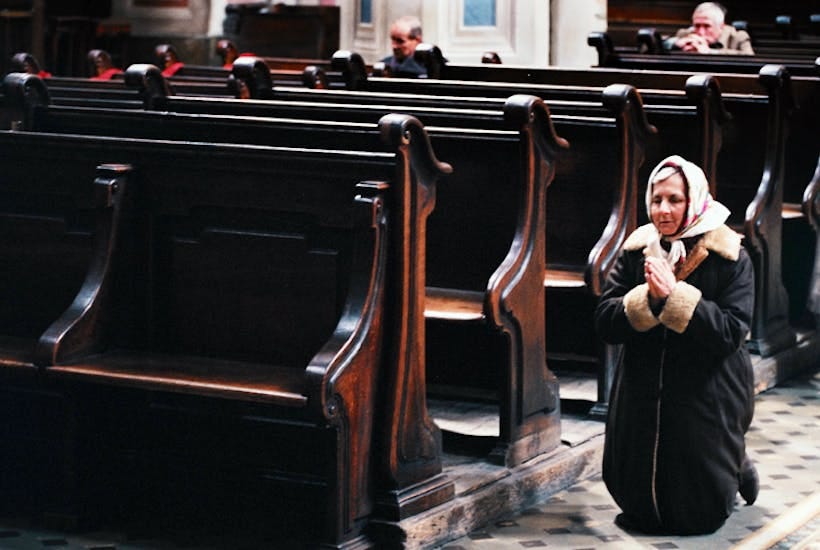As the USA continues to legally and culturally recognise lifestyle choices that conflict with the teachings of the world’s major religions, religious institutions have had to think seriously about their mission and employment policies.
Is firing a teacher who enters into a same-sex marriage pastorally insensitive, or a matter of moral consistency? What about teachers in Catholic institutions who divorce and remarry without an annulment, or who indulge in more private sins like fornication or using artificial contraception? In order to deal with this divisive matter with more nuance, it might help to consider the shifts in what philosopher Charles Taylor would call our ‘social imaginaries’ in the West.
…
Needless to say, the social imaginaries surrounding matters of faith and morals have shifted dramatically since the Middle Ages. It used to be common for someone to assent to the doctrines of a religion while personally not following them in his or her private life. Being a ‘bad Catholic’ was more of a norm than a shocking scandal. ‘Bad Catholics,’ according to theologian Aaron Taylor, ‘knew the moral rules taught by the Church, and they broke – even flouted – them, particularly when it came to sex.’
In this regard, things may not have been so different from how they are today. They did not, however, ‘argue that the rules should be changed to confer moral approval on their behaviour. Despite their moral failings, bad Catholics also tended to maintain a high regard for the Church’s sacramental and spiritual rules and practices. They attended Mass, were devoted to the Virgin Mary, and expressed love for the Blessed Sacrament precisely by not receiving it in Communion when in an unworthy state to do so’.
…
As religious orders became more involved in ‘the world’, there was a new push to encourage lay people to strive toward greater sanctity. This spirit inspired the Protestant Reformation and (much later) the Second Vatican Council’s ‘universal call to holiness’.
Aaron Taylor recognises that while the universal call to holiness may ‘in itself’ be ‘sound teaching,… poor catechesis’ has led people to believe that ‘the Church on earth is a club for holy people’. As a result, he continues, ‘Catholic morality is either softened and bowdlerised to reassure people that they are already saints, or it is put forward with such intolerant rigidity that sinners are driven out of the Church, made to feel that their mere presence in the congregation is a source of “scandal”.’
The new social imaginary that has emerged allows for fewer grey areas: you are either a good, ‘orthodox Catholic’ who assents to everything the Church teaches and attempts wholeheartedly to adhere to all of it, or you become a ‘cafeteria Catholic’ who follows the teachings that make the most sense to you (or that are easiest to follow) and expect the Church to conform its doctrines to your tastes… or you can just become an ‘ex-Catholic’ and leave the Church altogether.
Read the full article at The Spectator Australia
$upport CracksInPomo by choosing a paid subscription of this page, or by offering a donation through Anchor. Check out my podcast on Anchor and YouTube and follow me on Instagram and Twitter.




